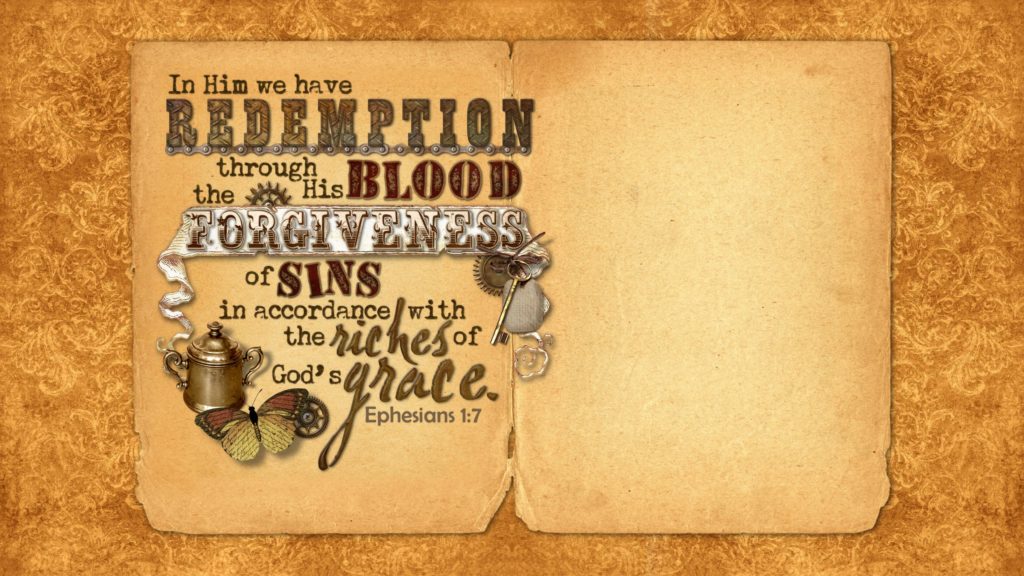
At Global Training Network’s annual All-Staff Leadership Gathering last week, I shared about one particular author whose writing has profoundly shaped my understanding of what it looks like to live out the Christian life.
That author is the late Jerry Bridges, who served with the Navigators ministry for over 50 years.
In 1980, I read my first book by Bridges, entitled The Pursuit of Holiness.
Over a decade later, I read Transforming Grace: Living Confidently in God’s Unfailing Love.
In 1994, Bridges released a blend of the two above-mentioned books entitled The Discipline of Grace: God’s Role and Our Role in the Pursuit of Holiness.
This particular book received the ECPA Christian Book Award in 1995.
Here are a few quotes from the book on the role discipline and grace play in our growth toward Christlikeness…
“The Holy Spirit’s work in transforming us more and more into the likeness of Christ is called sanctification. Our involvement and cooperation with Him in His work is what I call the pursuit of holiness. That expression is not original with me. Rather, it is taken from Hebrews 12:14 – ‘Make every effort [literally: pursue] . . . to be holy; without holiness no one will see the Lord.’
The pursuit of holiness requires sustained and vigorous effort. It allows for no indolence, no lethargy, no halfhearted commitment, and no laissez-faire attitude toward even the smallest sins.”
Then Bridges goes on to link the concept of grace with our growth in godliness…
“At the same time, however, the pursuit of holiness must be anchored in the grace of God; otherwise it is doomed to failure. That statement probably strikes many people as strange. A lot of Christians seem to think that the grace of God and the vigorous pursuit of holiness are antithetical – that is, in direct and unequivocal opposition to one another. . .. Grace and the personal discipline required to pursue holiness, however, are not opposed to one another. In fact, they go hand in hand.”
All of us need God’s grace and mercy every moment of every day.
Bridges wrote…
“I have read that every time the great nineteenth-century preacher Charles Spurgeon stepped into the pulpit, he did so with the silent prayer, ‘God be merciful to me a sinner’ (Luke 18:13 KJV).”
“Regardless of our performance, we are always dependent on God’s grace, His undeserved favor to those who deserve His wrath. . .. Does the fact that God has forgiven us all our sins mean that He no longer cares whether we obey or disobey? Not at all.”
“If God’s blessings were dependent on our performance, they would be meager indeed. Even our best works are shot through with sin – with varying degrees of impure motives and lots of imperfect performance. We are always, to some degree, looking out for ourselves, guarding our flanks, protecting our egos. It is because we do not realize the utter depravity of the principle of sin that remains in us and stains everything we do, that we entertain any notion of earning God’s blessings [apart from His grace] through our obedience.”
Then Bridges writes this brief statement that has become one of his most popular quotes…
“Your worst days are never so bad that you are
beyond the reach of God’s grace.And your best days are never so good that you are
beyond the need of God’s grace.”